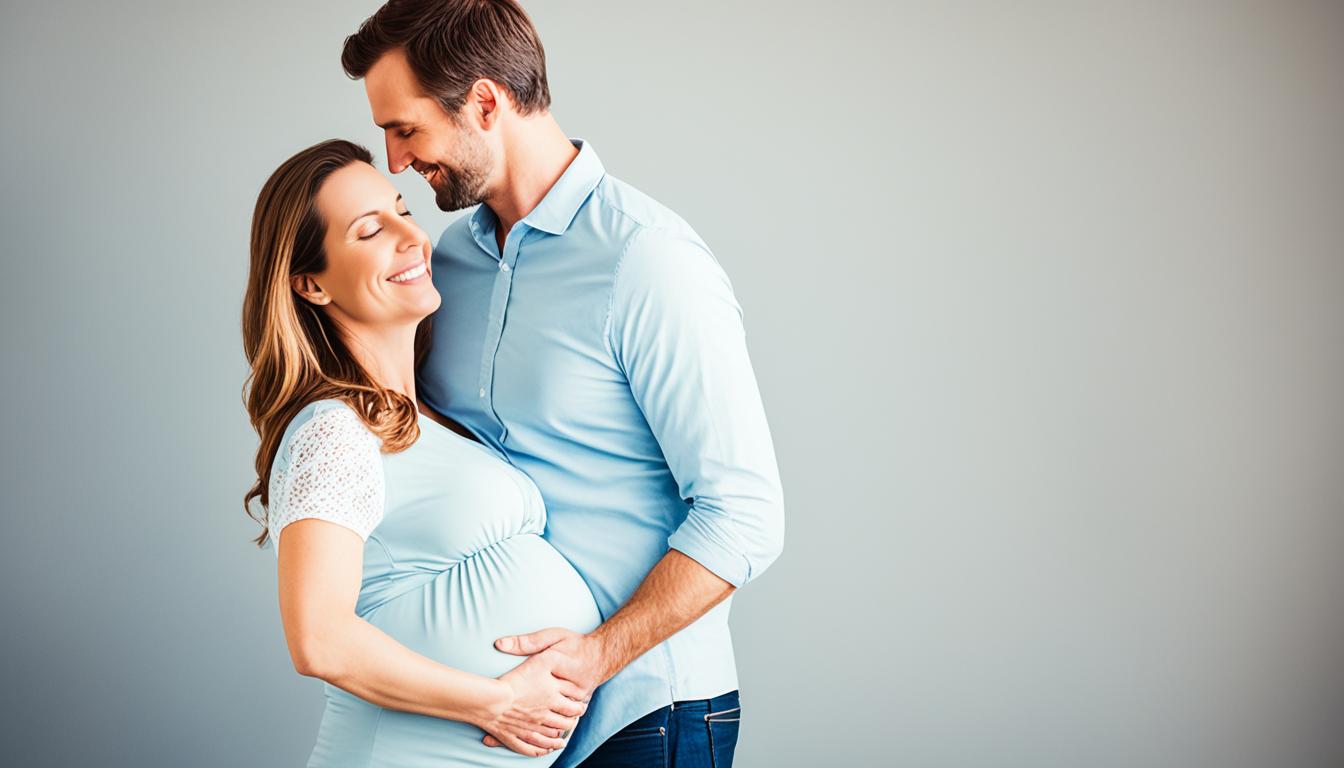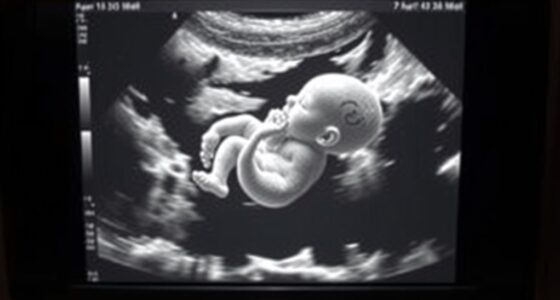Have you ever thought about how to protect yourself and your unborn baby from potential risks in case you fall during your second trimester of pregnancy?
It's a critical time when precautions are paramount, but what are the best strategies to guarantee safety without causing unnecessary worry or stress?
Let's explore practical tips and techniques that can help pregnant individuals navigate this delicate situation with confidence and peace of mind.
Key Takeaways
- Understand pregnancy changes affecting falls
- Implement practical fall prevention tips
- Learn safe falling techniques for protection
- Seek immediate medical help post-fall
Understanding Pregnancy Changes for Falls
Understanding how pregnancy changes impact the risk of falls is essential for ensuring the safety and well-being of individuals in the second trimester. During this stage, hormonal changes like relaxin can increase joint flexibility, affecting stability and balance. The shift in the center of gravity due to a growing belly makes pregnant individuals more susceptible to falls.
Physiological transformations, such as weight gain and ligament softening, play a significant role in the increased risk of falling. Additionally, the combination of increased clumsiness and reduced muscle control affects coordination, elevating the chances of accidental falls. Recognizing how these pregnancy-related alterations influence balance and stability in the second trimester is critical for preventing falls and safeguarding maternal safety.
Practical Tips for Preventing Falls
Pregnancy brings about significant changes that can impact balance and stability, making it important to adopt practical measures to prevent falls during the second trimester. Here are some practical tips to help guarantee your safety:
- Wear Supportive Shoes: Opt for flat, supportive shoes to maintain better balance and stability as your body changes during pregnancy.
- Use Handrails: When maneuvering stairs or walking on uneven surfaces, always use handrails for added support and to prevent accidental falls.
- Keep Home Safe: Guarantee your living space is well-lit and free of clutter to reduce the risk of tripping and falling, especially as your body undergoes changes.
Techniques for Safely Falling
To minimize the risk of injury to both yourself and your baby, mastering techniques for safely falling is important during the second trimester of pregnancy. When practicing these techniques, focus on protecting your abdomen by tucking your chin, rolling to the side, and using your hands and knees to break the fall. This helps distribute the force evenly and prevents direct impact on your pregnant belly. It's essential to avoid falling backward to safeguard your spine and back muscles.
During a fall, staying calm and trying to relax your body can reduce the chances of injury. Consider enrolling in prenatal yoga or childbirth education classes to learn safe falling techniques and enhance your body awareness. These classes can provide valuable guidance on how to fall safely, which is beneficial for both you and your baby. By incorporating these practices into your routine, you can navigate falls more securely and protect yourself during this delicate stage of pregnancy.
Importance of Seeking Medical Help

After mastering techniques for safely falling during the second trimester of pregnancy, it's imperative to prioritize seeking immediate medical assistance following any fall to guarantee the well-being of both mother and baby. When it comes to health, every precaution matters, especially during this important period. Here are some key reasons why seeking medical help is essential:
- Immediate Evaluation: Getting prompt medical attention allows for the evaluation of any potential risks or complications that may have arisen from the fall.
- Monitoring for Signs: Healthcare providers can monitor for signs such as contractions, bleeding, abdominal pain, or decreased fetal movement, ensuring early detection of any issues.
- Recommended Tests: Medical professionals may suggest tests like ultrasound or fetal heart rate monitoring to assess the baby's health post-fall. These tests provide valuable insights into the well-being of both the mother and the baby.
Exercises for Improved Balance
Enhancing your balance through targeted exercises in the second trimester can greatly reduce the risk of falls during pregnancy. For pregnant women, focusing on balance exercises is important during this stage. Strengthening core muscles, thighs, and hips with pelvic tilts and leg lifts can markedly improve stability.
Additionally, incorporating backward stretches and upper body rotations into your routine can help maintain postural stability. It's vital to tone back, stomach, and buttock muscles to provide adequate support as your body changes.
By following recommended pregnancy balance exercises, you not only enhance physical stability but also reduce the chances of experiencing a fall. Prioritizing these exercises in your second trimester routine can lead to better overall balance and a reduced risk of accidents, ensuring a safer and more comfortable pregnancy journey.
Frequently Asked Questions
What to Watch for After Falling While Pregnant Second Trimester?
If we fall during the second trimester of pregnancy, it's essential to watch for signs like contractions, bleeding, or abdominal pain. Monitoring the baby's movements is key. Decrease in fetal activity post-fall? Seek immediate medical attention.
Should I Go to the Hospital if I Fall While Pregnant?
If we fall while pregnant, it's important to seek medical advice promptly. Safety for both the baby and us is paramount. Immediate assessment helps identify any risks. Following up with healthcare providers guarantees any concerns are addressed effectively.
Can a Fall Cause Placental Abruption?
Yes, a fall can potentially cause placental abruption, a serious complication during the second trimester. Symptoms include vaginal bleeding, abdominal pain, and contractions. Seeking immediate medical attention is vital for both maternal and fetal well-being.
How Can a Fall Affect a Baby?
Falls during pregnancy can impact the baby's well-being. Direct trauma may lead to serious issues like placental abruption. Monitoring after a fall is essential to assess any harm. Immediate medical care guarantees safety for both mother and baby.
Conclusion
As we navigate the challenges of pregnancy, it's important to prioritize our safety and well-being.
By understanding the changes our bodies undergo and implementing practical tips to prevent falls, we can protect ourselves and our precious little ones.
Remember, seeking immediate medical help after a fall is essential for ensuring the health of both mother and baby.
Stay informed, stay safe, and stay proactive on this incredible journey of motherhood.









